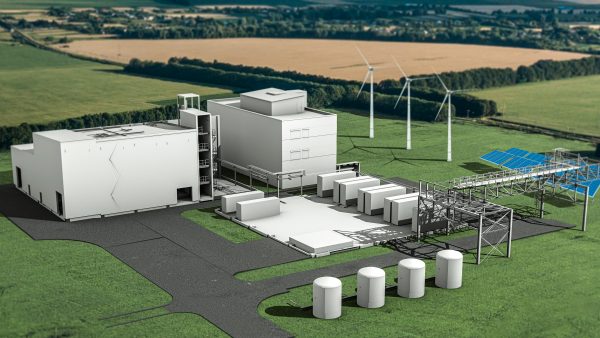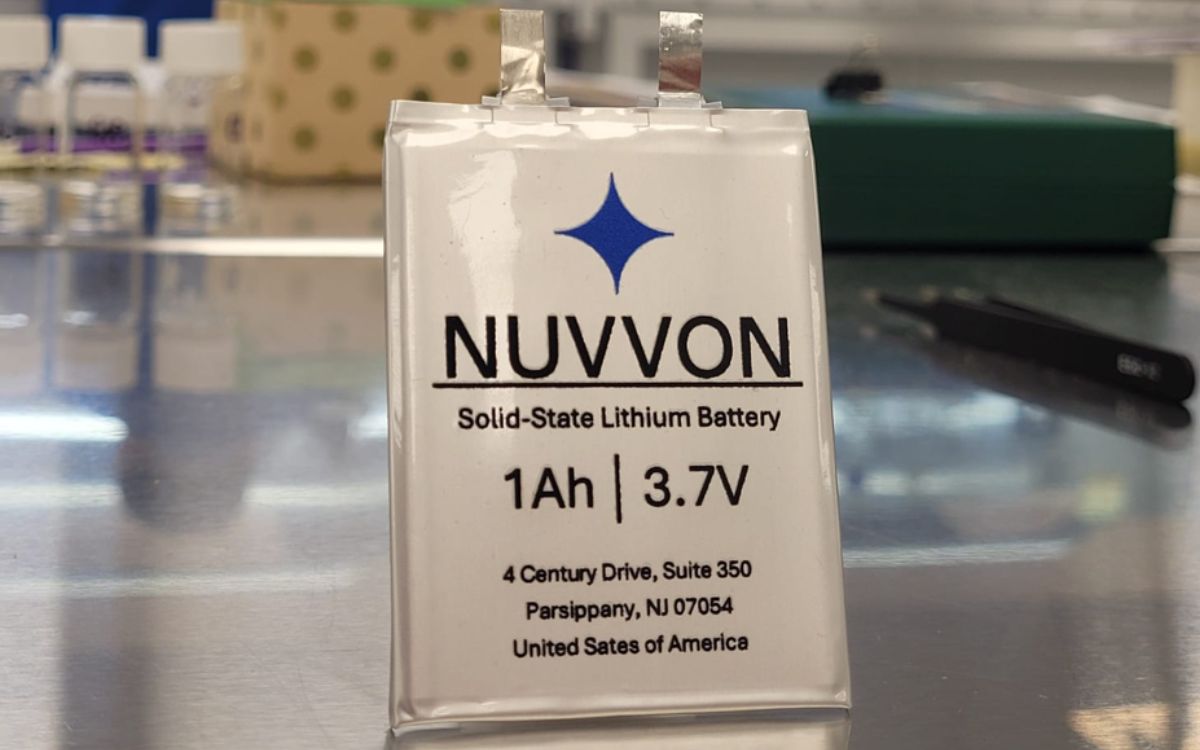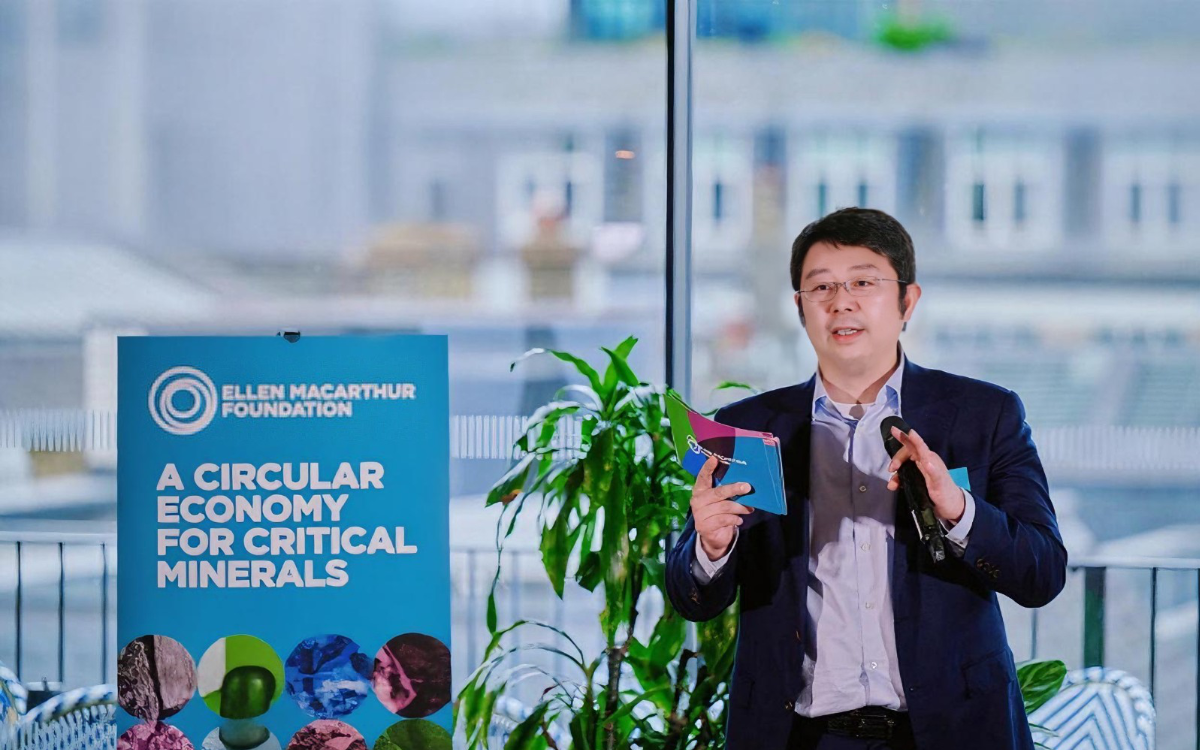Chemicals firm BASF is set to build a prototype battery recycling plant in Germany to develop a method of recovering key lithium-ion materials from end-of-life batteries.
The plant will be located at the site of its cathode active materials (CAM) plant in Schwarzheide, with commissioning planned for early 2023.
The prototype recycling plant will allow for the development of operational procedures and optimisation of technology to recover lithium, nickel, cobalt and manganese as well as off-spec material from cell producers and battery material producers.
The extracted metals will be used to produce new cathode active materials.
Dr. Matthias Dohrn, senior vice president, precious and base metal services at BASF, said: “With this investment in battery recycling, plus leading process technology for manufacturing of cathode active materials, we aim to ‘close the loop’ while reducing the CO2 footprint of our cathode active materials by up to 60% in total compared to industry standards.”
BASF’s investment supports the European Commission’s agenda towards a European battery production value chain and is part of the ‘Important Project of Common European Interest (IPCEI)’ approved by the European Commission in 2019, under the European Union State aid rules.
The plant’s location was announced in February.
Aggressive cathode expansion
In June, BASF is set to form a joint venture with Hunan Shanshan Energy to produce lithium-ion battery cathode active materials (CAM) and precursors (PCAM) in China.
German firm BASF will have a 51% share of the JV when it closes later this summer following the approval of the relevant authorities.
In May, materials firm Umicore and BASF entered into a non-exclusive patent cross-license agreement covering a range of lithium-ion cathode materials and their precursors.












